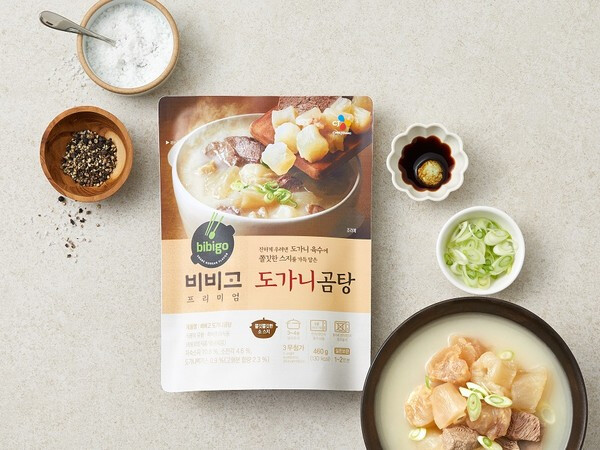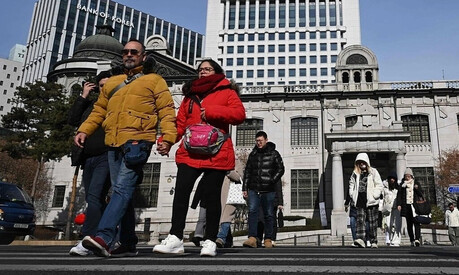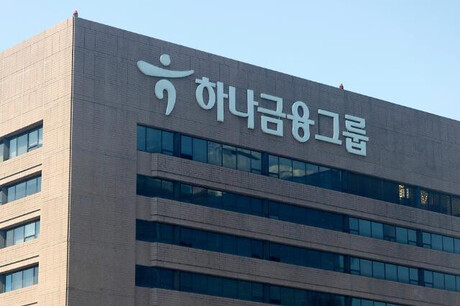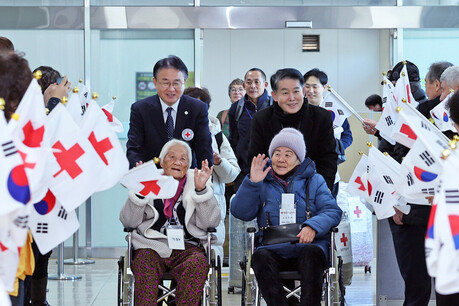
Seoul, South Korea - As South Korea braces for an unusually cold winter, the competition in the frozen soup market is heating up. With soaring food prices driving consumers to cook more at home, food companies are racing to offer convenient and high-quality frozen soup options.
Major food companies, including CJ CheilJedang and Daesang, are launching a variety of frozen soup products that promise the taste and texture of freshly made home-cooked meals. These products are designed to appeal to consumers seeking convenient and nutritious meal options.
Market Leaders and New Products
Daesang, currently the market leader, has introduced new products under its "Homings" brand, including galbitang (beef short rib soup), yukgaejang (spicy beef soup), dokganyutang (beef tendon soup), and sogoki jangteokuk (beef and vegetable soup). The company uses a rapid freezing process at -35 degrees Celsius to preserve the freshness and quality of the ingredients.
CJ CheilJedang has expanded its "Bibigo" frozen food line to include a wider range of soups, such as nakkopsae (spicy stir-fried octopus and noodles) and gopchang sundae jeongol (spicy stir-fried pork intestines and blood sausage). The company emphasizes its use of premium ingredients and advanced freezing technology to deliver authentic flavors.
Hyundai Green Food, a subsidiary of Hyundai Department Store Group, has also entered the market with its "Greeting" brand, offering a wide range of frozen soups, including hanwoo ugeoji tang (beef bone and radish soup) and organic pork kimchi jjigae (kimchi stew).
Market Growth
The frozen soup market in South Korea has been experiencing strong growth in recent years. According to the Food Industry Information System (FIS), sales of frozen soups increased by an average of 11.6% annually from 2020 to 2022, and by 23.4% in 2022 alone.
Factors Driving Growth
Several factors are contributing to the growth of the frozen soup market:
Rising food prices: Consumers are increasingly looking for affordable and convenient meal options.
Demand for high-quality, convenient food: Consumers are seeking products that offer the taste and quality of home-cooked meals without the hassle of preparation.
Increased awareness of health and wellness: Consumers are paying more attention to the ingredients and nutritional value of the food they eat.
Conclusion
The frozen soup market in South Korea is poised for continued growth as consumers seek convenient and nutritious meal options. Food companies are responding to this demand by offering a wide range of products that cater to various tastes and preferences.
[Copyright (c) Global Economic Times. All Rights Reserved.]





























